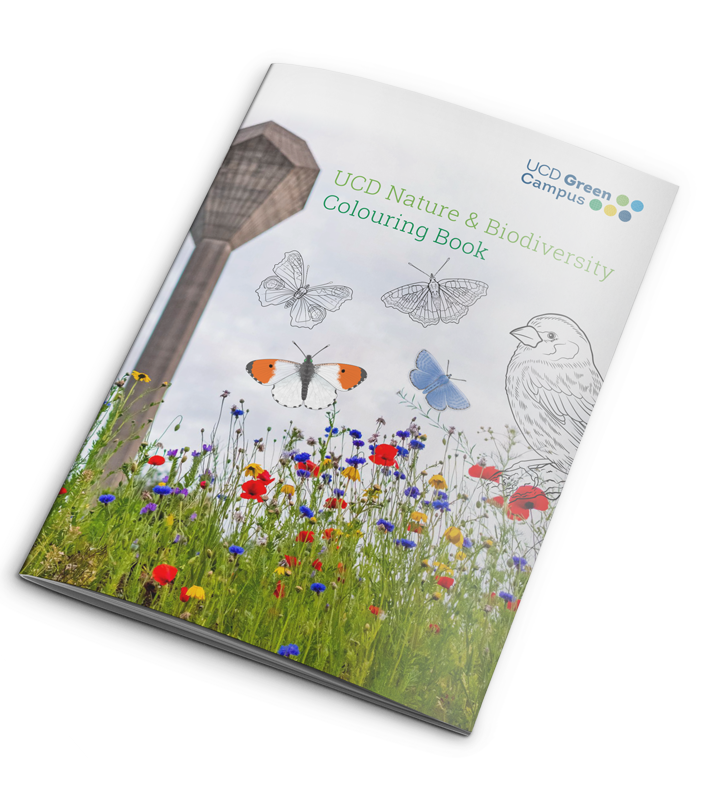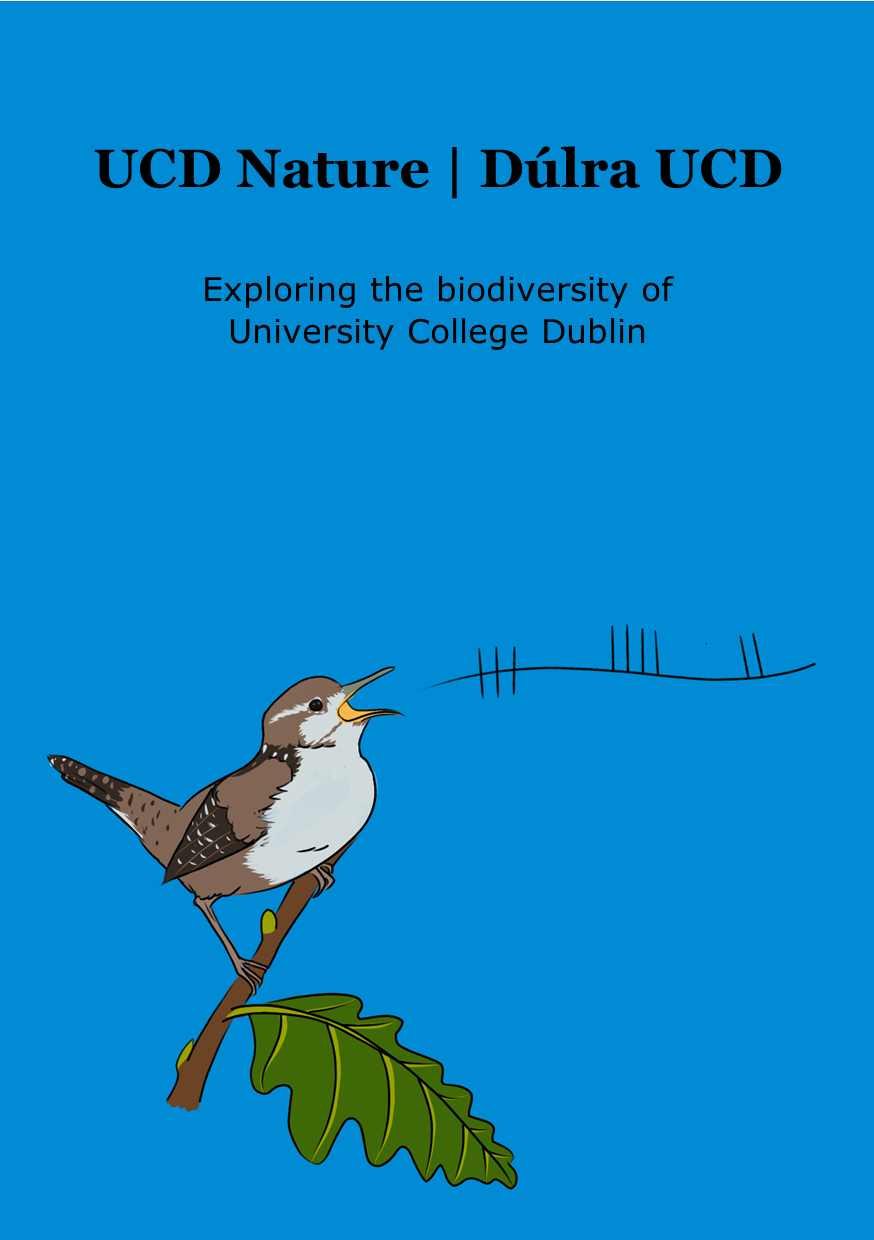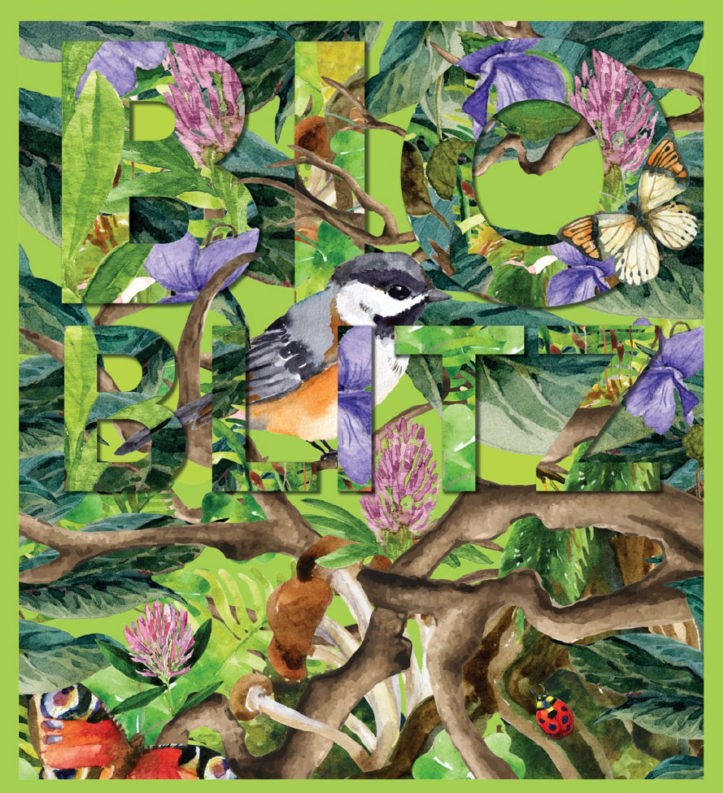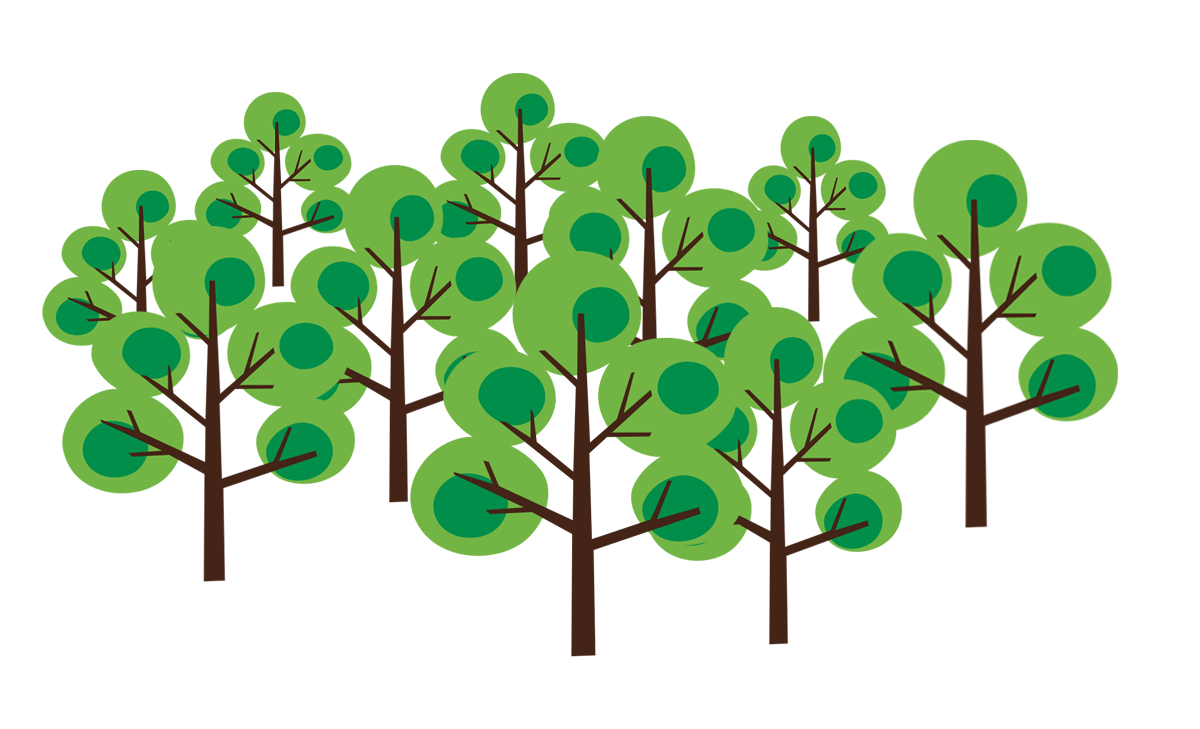UCD Pollinator Plan
Check out the UCD Pollinator Plan in the link below which aims to increase #biodiversity and support nesting habitats.
Wildflower meadows have been encouraged at various sites on campus e.g. Conway, and rear of Agriculture, to encourage a more diverse range of natural flowering plants and the insects that feed upon them.
UCD Bumblebee Monitoring Transect
Ireland has 99 species of bee, of which 21 are bumblebees. Bumblebees have small colonies during the summer period, and in winter the new queens hibernate.UCD’s bumble bee monitoring transect was established in March 2019 by the School Agriculture and Food Science. The bumblebees recorded along this 1.8 km route (MAP1) from March to October are submitted to the National Biodiversity Data Centre, where the data are used for tracking bumblebee numbers in Ireland over time.
The PROTECTS Project (2018-2022)
Pesticide use is an important component of modern farming. Increasingly there is a need to ensure we farm in an economically, socially and environmentally sustainable way, and sustainable pesticide use forms an integral part of this vision.The PROTECTS (Protecting terrestrial ecosystems through sustainable pesticide use) project will provide baseline information in an Irish context to build towards mitigating the effects of pesticide use on terrestrial ecosystem services, focusing on pollinators and soils.
SUSPOLL Project Sustainable Pollination Services in a Changing World
Bees, and other pollinators, are essential for both the production of crops and the reproduction of wild plants. Global declines in pollinating insects have led to concerns over future food security. Although many studies have investigated the factors contributing to bee decline, few have focused on the implications of these factors for the pollination services bees provide.stem services, focusing on pollinators and soils.
In this project the School of Agriculture and Food Science aim to investigate the impacts of both climate change and pesticide use on pollination services to crops.
UCD Nature and Biodiversity colouring book
Brought to you by this year's Green Campus Biodiversity project Coordinators, 12 pages of pure, educational, mindful, activity fun!
This book was created by students for students. The book ranges in difficulty levels, making it accessible for all to enjoy. For children we would suggest colouring in our different species of birds.
From an environmentalist perspective this book may look like a novelty item, as in only here to entertain. But you can’t judge a book by its cover and you may be pleasantly surprised to find that this activity book consists of all the necessary elements of a valuable asset: it’s useful, engaging, entertaining and most importantly, educational. So sit back, have fun, and expand your biodiversity knowledge.
UCD Nature
To obtain a UCD Nature Guide click the image of the book on the left, or email greencampus@ucd.ie
The UCD Nature guide was developed as part of a SPARC and Green Campus initiative by students and staff members from UCD Earth Institute, UCD School of Biology and Environmental Science, UCD School of Irish Celtic Studies and Folklore and UCD Estate Services
Learn more about UCD's Wildlife HereUCD named winners of the 2016 Intervarsity Bioblitz
Three Universities took part in the 2016 Bioblitz, UCD, UCC and NUI Maynooth. UCD came out on top with a very impressive 523 species identified over the period, ahead of Maynooth who came second with 385, and UCC with 233. This highlights both the hard work, knowledge and commitment of the UCD team, as well as the wonderful natural resources that are to be enjoyed on the Belfield Campus. Highlights from the day include the sighting of over 40 different bird species, a newt near the “secret” lake as well as two different fish species.
More about BIOBLITZ 2016This is an active Biodiversity Map of UCD.
The map is made up of many different layers, each layer contains an element of a place on campus that contributes to UCD's Biodiversity.
For example, there is a layer dedicated to wildflower meadows and a layer dedicated to woodlands.
On the left hand side of the map, you can choose to view all layers or individual layers.
The default setup is all layers highlighted, you can browse from one area to another.
To view the available images just click on the icons and it will come up.
Insect Hotel Workshop
There are many ways to create nesting habitats for the small number of Irish solitary bees that prefer to nest in existing cavities.

Can I help solitary bees from home?
There are many ways to create nesting habitats for the small number of Irish solitary bees that prefer to nest in existing cavities.
1. Some solitary bees nest in hollow stems of plants. If you grow raspberries, leave some of
the old canes unpruned each year to provide habitats for these bees
2. Drill south or east facing holes in wooden fencing for solitary bees to nest in. These holes should be 10cm deep and range from 4-8mm in diameter.
Add them at a height of at least 1.5-2m
3. Buy or make a solitary bee hotel for your garden.
4. Join Green Campus and promote biodiversity initiatives like this, or host a workshop for our next Green Week!









